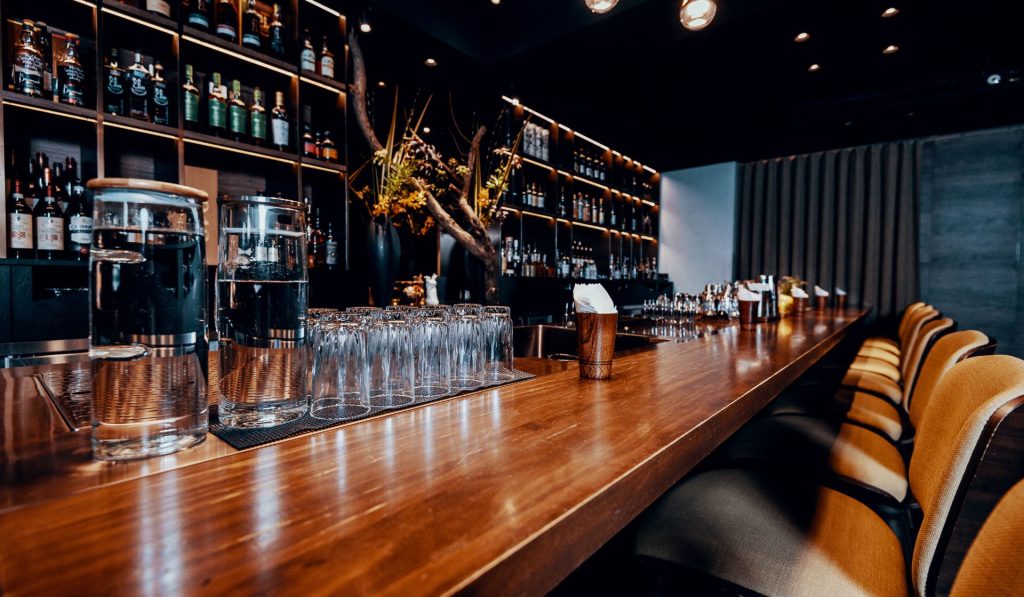In the fast-paced, sometimes close-knit world of the drinks industry, a new job opportunity can feel exciting, especially when it’s in a brand you admire or a role you’ve been chasing for a while. But amid the enthusiasm, it’s easy to ignore that quiet gut feeling that something might not be quite right.
Over the years, I’ve worked with countless candidates in whisky, gin, beer, and beyond, many of whom have jumped into new roles with high hopes, only to find themselves blindsided by unrealistic expectations, toxic work cultures, or misaligned values. Most of the time, the warning signs were there from the start, just easy to miss when you’re focused on impressing.
So how do you avoid taking a job you’ll regret? The answer is in slowing down and knowing what to watch for.
Let’s start with the hiring process itself. If communication is disorganised, vague, or overly rushed, that’s often a preview of what’s to come. A hiring manager who repeatedly reschedules interviews, fails to provide clear next steps, or can’t answer your basic questions about the role likely reflects a chaotic internal culture. If they’re this scattered when they’re trying to impress you, imagine what it’s like on a normal day.
Another red flag is when a job description reads like a wish list for three different people. If the role combines social media management, event planning, sales forecasting, and distillery operations all in one, it might be a sign the company doesn’t fully understand what it needs, or worse, it’s trying to squeeze too much from one hire to save costs. In smaller companies, wearing multiple hats is expected, but there should still be clear boundaries and reasonable expectations.
Culture matters too, a lot! During interviews, pay attention to how the team talks about work. If they describe it as “a family,” ask what that really means. Sometimes it’s lovely and supportive. Other times, it’s code for poor boundaries, unpaid overtime, or a lack of professional structure. Similarly, if they boast about how everyone “mucks in” but can’t explain how performance is measured or what career progression looks like, consider what your future might look like there.
It’s also perfectly acceptable to ask questions about turnover. If you’re replacing someone, why did they leave? How long was the person before them in the role? If you get vague or defensive answers, take note. High churn is often a symptom of deeper issues, unrealistic workloads, difficult management, or a lack of growth opportunities.
And then there’s the money… In the drinks industry, especially at the craft or startup end of the spectrum, it’s common to be told that budgets are tight, but that the experience will be “invaluable.” This is a dangerous trade-off. Passion doesn’t pay rent. You deserve to be fairly compensated for your skills, especially if you’re bringing experience, contacts, or credibility to the brand. If you’re made to feel guilty for negotiating, that’s not a red flag, it’s a blazing siren.
Perhaps the most important signal of all is how you feel during the process. Do you feel respected? Heard? Excited? Or are you trying to talk yourself into liking the role because you think you should? The latter is often a sign you’re ignoring your instincts.
Of course, no job is perfect. Every company has its quirks, and sometimes taking a role with a few yellow flags can still make sense if it’s a strategic move. But you owe it to yourself to ask the right questions and look beneath the surface.
In an industry that thrives on storytelling and brand identity, don’t forget to prioritise your own story, and make sure the next chapter is one that genuinely aligns with your values, ambitions, and wellbeing.
And if you ever need a sounding board before saying yes to an offer, I’m here to help.
